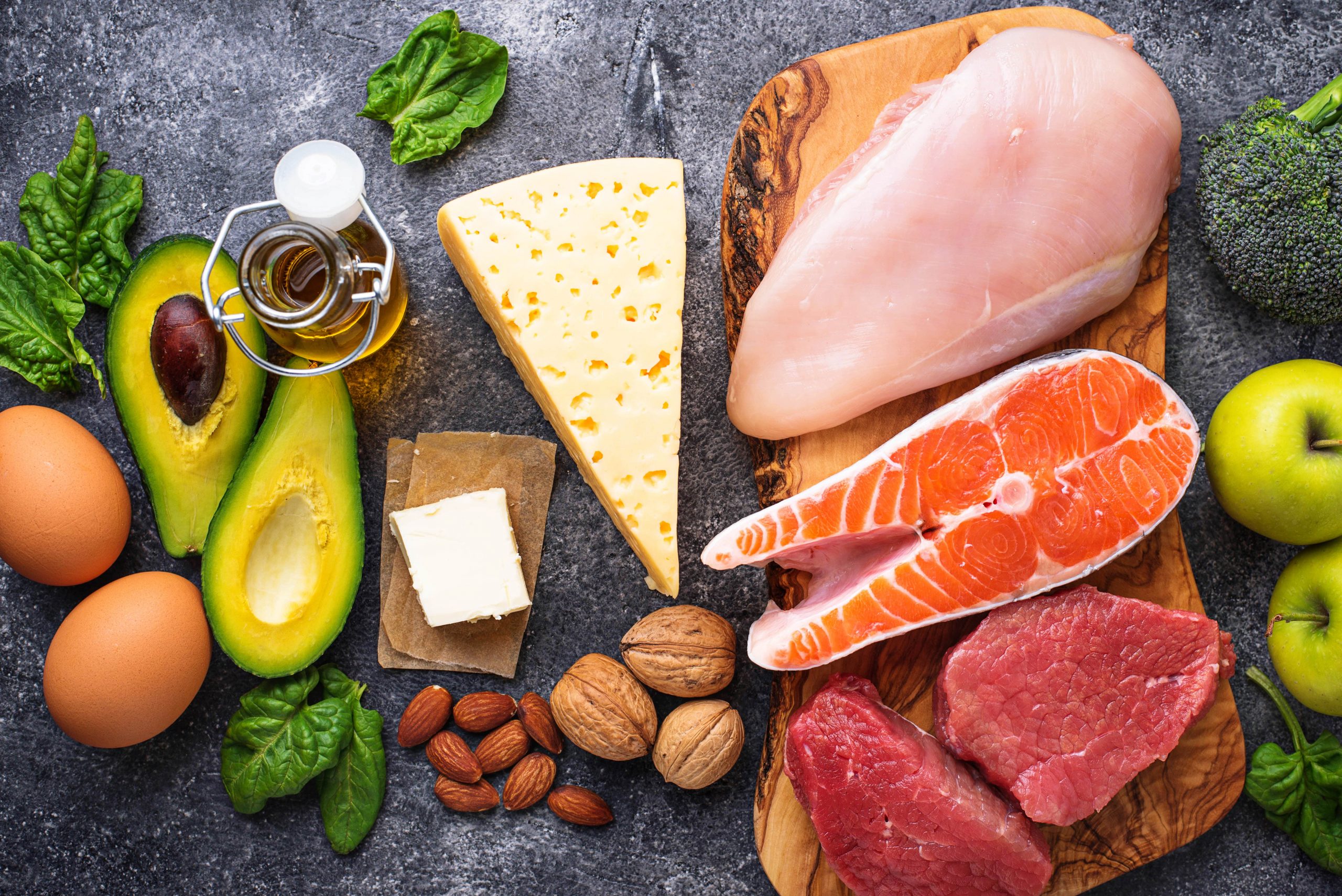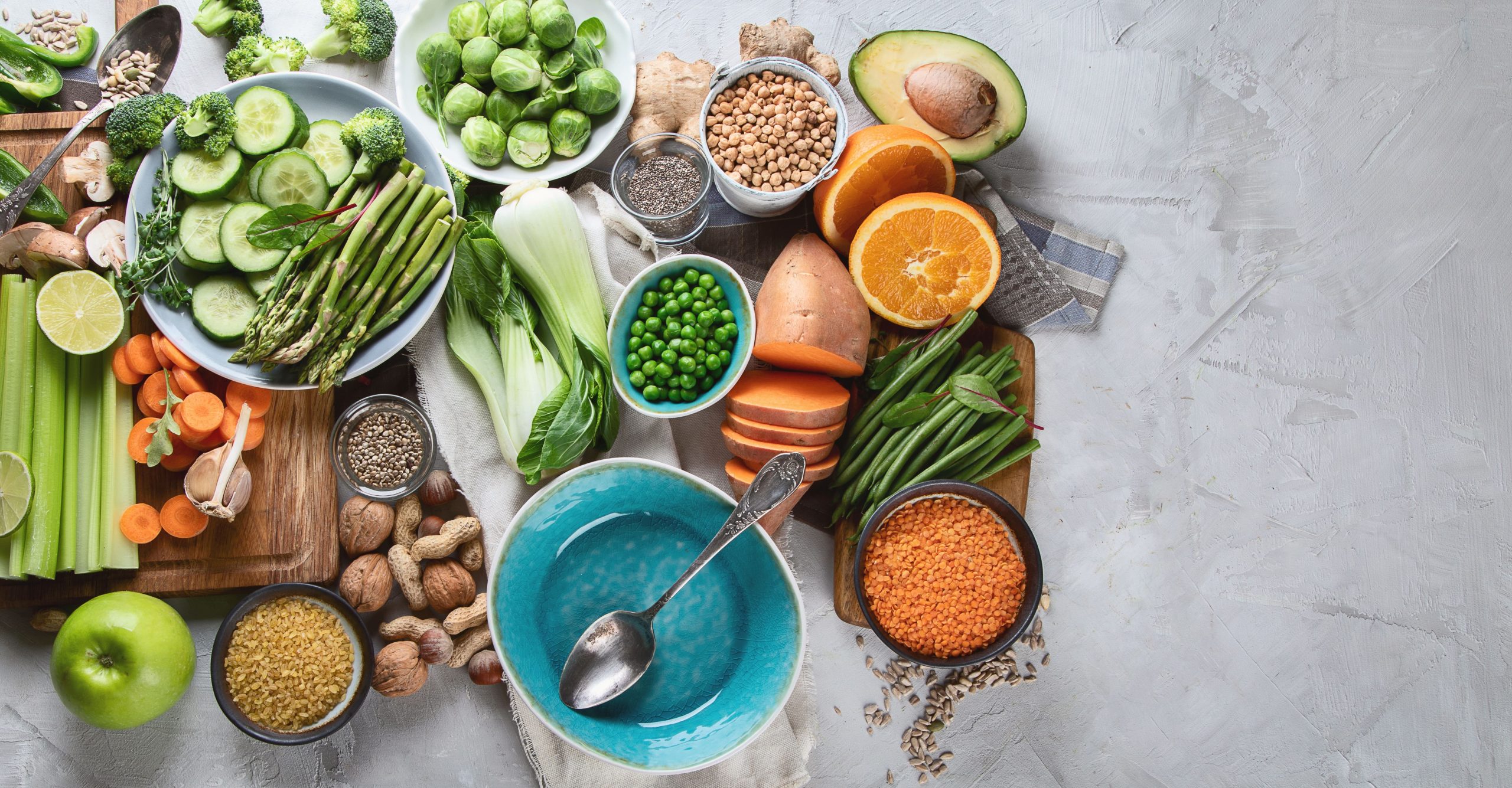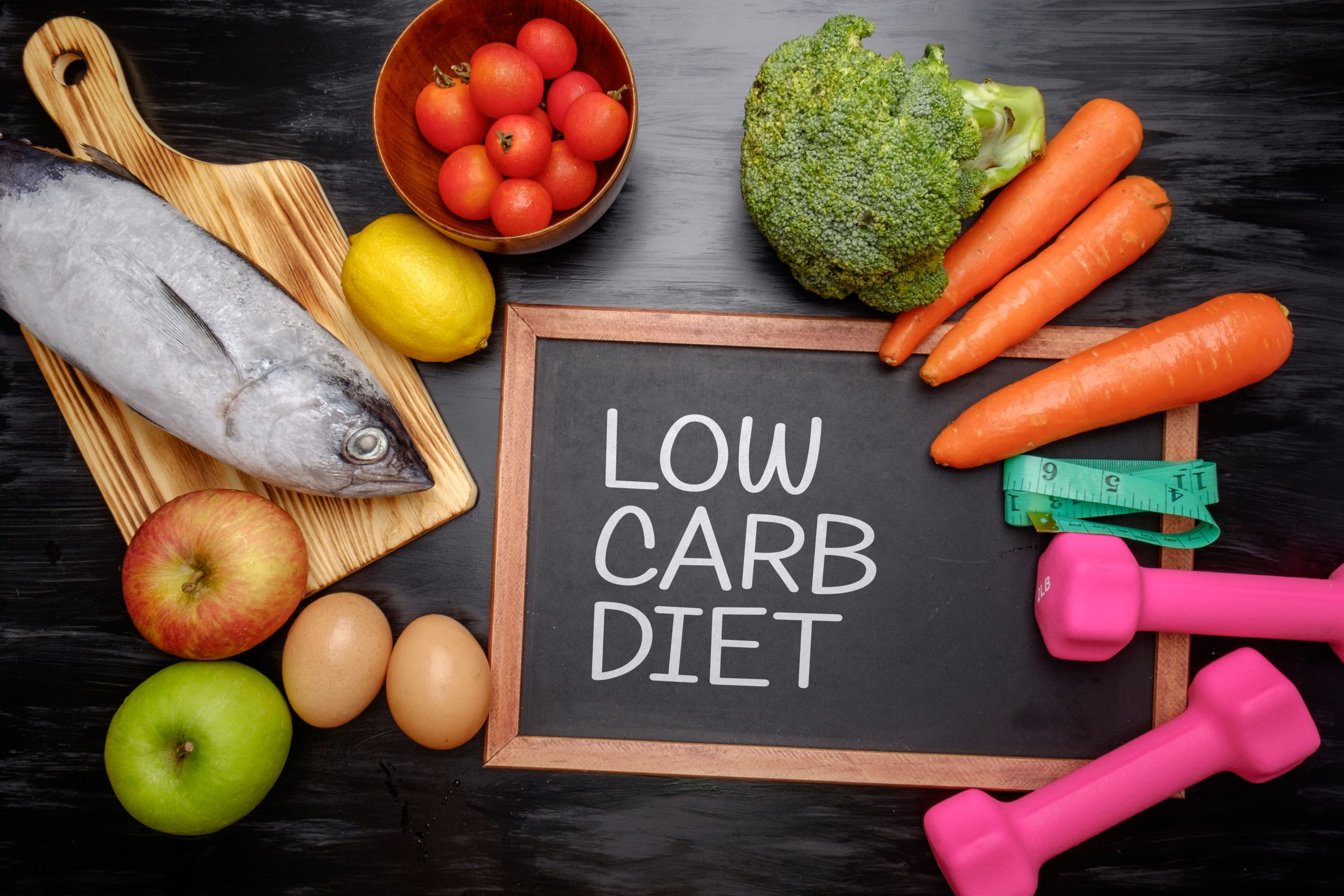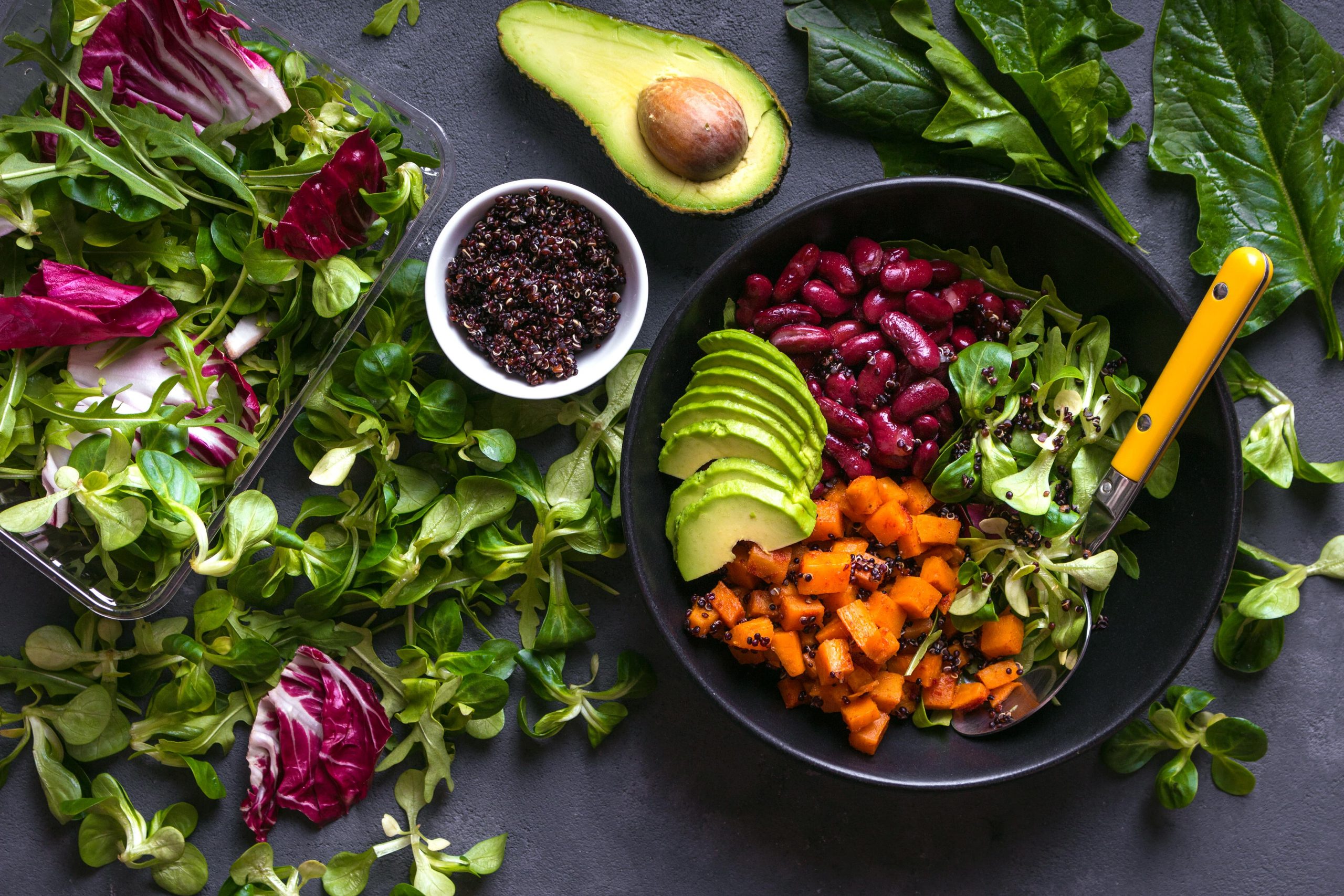Shifting and sticking to a low-carb diet is as simple as replacing carbs and sugars with meat, fish, eggs, nuts, and other animal-based foods, but this may seem hard for vegans and vegetarians. Still, you can enjoy a low-carb diet by eating plant-sourced foods high in fat and protein but low in carbs.
Vegetarianism is a popular way of eating that many researchers consider healthy. This is because most foods are plant-based and supply the body with antioxidants, minerals, vitamins, and other health-promoting compounds. Low-carb diets are also becoming popularized since they help with weight loss and overall health. While a typical person eating plant and animal foods will easily find his way with a low-carb diet, it may seem impossible for a vegetarian to do. Nonetheless, it is still possible to enjoy a low-carb diet as a vegan and a vegetarian. Peer into this article to learn how to enjoy a low-carb diet with vegetarianism.
What is vegetarianism?
Before looking at how to enjoy a low-carb diet as a vegan or vegetarian, you need to understand what vegetarianism means. Simply put, it is a way of eating that avoids animals’ meat, flesh, and muscles. As such, vegetarians avoid animal products but opt for plant-based food options. There are different types of vegetarians, including;
- Lacto-ovo-vegetarians- are typically called vegetarians. They eat eggs and drink milk, and also take milk products while avoiding meat, fish, and poultry
- Ovo-vegetarians- avoid meat, poultry, fish, and dairy products, but eat eggs
- Pescatarians- avoid eggs, meat, poultry, and dairy, as well as fish
- Vegans- are strict vegetarians that avoid all animal products, including eggs, fish, meat, poultry, and dairy. Besides, they consider it unethical to consume honey, arguing that a lot of exploitation goes into honey breeding and harvesting
Lacto-ovo-vegetarians and vegans are the commonest, with the former eating eggs and dairy, while vegans strictly adhere to vegetarianism, avoiding animal products or byproducts.
What is a low-carb diet?
Low-carb diets are hyped, and the craze and haze around them are overwhelming. As such, you may wonder what such a diet looks like. Simply put, a low-carb diet is one that minimizes carbohydrates while emphasizing protein and fat. A typical low-carb diet eliminates carb-rich foods (mostly plant-based), replacing them with low-carb options (mostly animal-based) but whose protein and fat contents are high. High-carb beer, rice, bread, pasta, candy, potatoes, and sugary drinks are sugary and starchy food options mostly avoided by people on a low-carb diet. Contrarily, an omnivore’s low-carb diet features meat, poultry, fish, eggs, dairy, and healthy fats.
Why so much hype around low-carb diets?
You might also wonder why there is a lot of emphasis on low-carb diets in the modern world. The answer is simple; overwhelming evidence proves the health benefits behind a low-carb diet. For instance, a total of 23 studies over the past 12+ years show a direct connection between weight loss and low-carb diets, showing that going the low-carb way is ideal for shaking off extra pounds. What’s more, a low-carb diet allows you to lose weight without consciously cutting calories; hence there is no struggle in shaking off extra weight by following a low-carb diet.
Furthermore, studies show that low-carb diets have many far-reaching health benefits. For instance, they are associated with reduced bad cholesterol levels, bad to good cholesterol ratios, and bad cholesterol oxidation. As if that’s not enough, low-carb diets seem to improve chronic conditions like diabetes type 2, metabolic syndrome, obesity, and neurodegenerative complications.
Vegetarians might find following low-carb diets challenging
Starting off a low-carb diet is as simple as replacing sugary and starchy foods with low-carb-but-protein-and-fat-rich options. As such, bread, pasta, rice, high-carb wine, sugary drinks, and high-carb nuts are out of the picture, but you focus more on poultry, fish, meat, dairy, eggs, and other low-carb plant options. This is easy, isn’t it? Well, this typically describes what an omnivore will do. Contrastingly, vegetarians who avoid animal products wholly or selectively find it challenging. ‘Fish, poultry, dairy, meat, and eggs and their products are basically what we eat; so what will life be like without them?’ A person may ask himself. There is good news, though; you can find your way around with a low-carb diet while still proudly observing vegetarianism. Tempeh, tofu, avocado oil, healthy fats, nuts, and seeds are some of the foods you can enjoy. They are not only rich in fat and protein but also low in carbs. The next section provides food options for vegans and vegetarians who follow low-carb diets.
Low-carb dietary options for vegans
You can still enjoy low-carb meals as a vegan. Here are some food options you can try;
- Tofu; 100 g of tempeh packs 8 g of fats and another 8.92 g for protein
- Tempeh; packs 20 g protein and 10 g fat in its 100 g serving
- Seeds, including chia seeds, has 5 g fat and 5 g protein in their 100 g servings
- Nuts, such as walnuts, have 20 g of fat and 5 g of protein per 100 g serving
- Healthy fats, including avocado, coconut, or almond oils, have as much as 14 g of fats per spoon
- Vegan butter, milk, and kefir are also available
- Non-starchy vegetables with protein and fat include asparagus, spinach, lettuce, kales, etc.
Low-carb dietary options for lacto-ovo-vegetarians
Vegetarians have wider food options than vegans. This is because they can eat eggs or try low-carb dairy products and still follow vegetarianism. A vegetarian’s typical low-carb diet can include;
- Eggs; are typically low in carbs
- Gras-fed butter is low in carbs but high in protein and fat
- Kefir, yogurt, and Greek yogurt are healthy, protein-rich, fatty, and with moderate carb content
- Cheese is also packed with fat and proteins but is moderate in carbs
- All food options discussed above for a low-carb vegan diet
- Legumes, including beans and lentils
- Dark chocolate, especially that whose content is 70-85% cocoa
- Low-carb fruits, such as berries
Conclusion
Low-carb diets have become popularized, thanks to their roles in weight loss and lower risk of chronic health conditions. While they may look like easy fits for omnivores, vegans and vegetarians might find such diets somewhat challenging. Nonetheless, they can find their way around with low-carb vegetables, fruits, fatty oils, legumes, nuts, and seeds. Vegetarians (lacto-ovo-vegetarians) have wider options since they can eat low-carb dairy products like cheese, yogurt, Greek yogurt, and eggs.
- FDC – Giejo Magazine Article - July 29, 2023
- MoriMa Tea the – Chinese tea culture - April 26, 2023
- Missionary Position – Least Likely To Bring You To Climax - April 7, 2023









